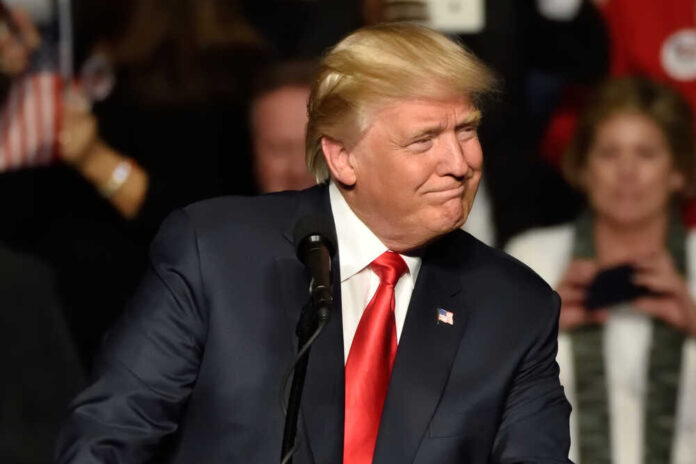In a recent podcast interview, former Republican House Speaker Paul Ryan made bold statements about former President Donald Trump, labeling him as “not a conservative” but rather a “populist, authoritarian narcissist.” Ryan, who led the House majority during Trump’s presidency, also commended Republicans Liz Cheney and Adam Kinzinger for their courageous opposition to Trump, even at the cost of their congressional careers.
Ryan’s remarks have sparked widespread attention, with voices from across the political spectrum criticizing him for not strongly opposing Trump during his presidential campaign and tumultuous White House tenure culminating in the January 6 attack on Congress. Ryan, who left Congress in 2019 and now serves on the board of Fox Corp, the parent company of Fox News, offered his insights to Kevin Kajiwara, co-president of Teneo Political Risk Advisory.
Despite his initial support for Trump, Ryan now characterizes him as an “authoritarian narcissist” who prioritizes personal fame and momentary gratification over classical liberal-conservative values. According to Ryan, Trump’s appeal lies in his ability to rally a significant portion of the Republican base as a culture warrior rather than a traditional conservative leader.
While historians have often traced the roots of Trumpism back to the 1990s, with Newt Gingrich’s combative politics, the rise of Fox News, and the Tea Party movement’s opposition to Barack Obama, Ryan suggests that there should be a line or principle that individuals are unwilling to cross for the sake of personal integrity. He praises Cheney and Kinzinger for their unwavering stance against Trump, highlighting the importance of self-reflection and the courage to take a principled stand.
Ryan also reflects on Trump’s second impeachment, expressing regret that many in Congress underestimated his ability to come back. He believes that history will judge those who recognized the dangers of Trump and spoke out against them, even if it came at a personal cost.
As Trump continues to dominate polling for the next Republican presidential nomination despite facing numerous criminal charges and civil threats, Ryan’s candid assessment sheds light on the complex dynamics within the Republican Party. The interview serves as a reminder of the importance of moral leadership and the enduring impact of Trump’s populist, authoritarian style on American politics.


















